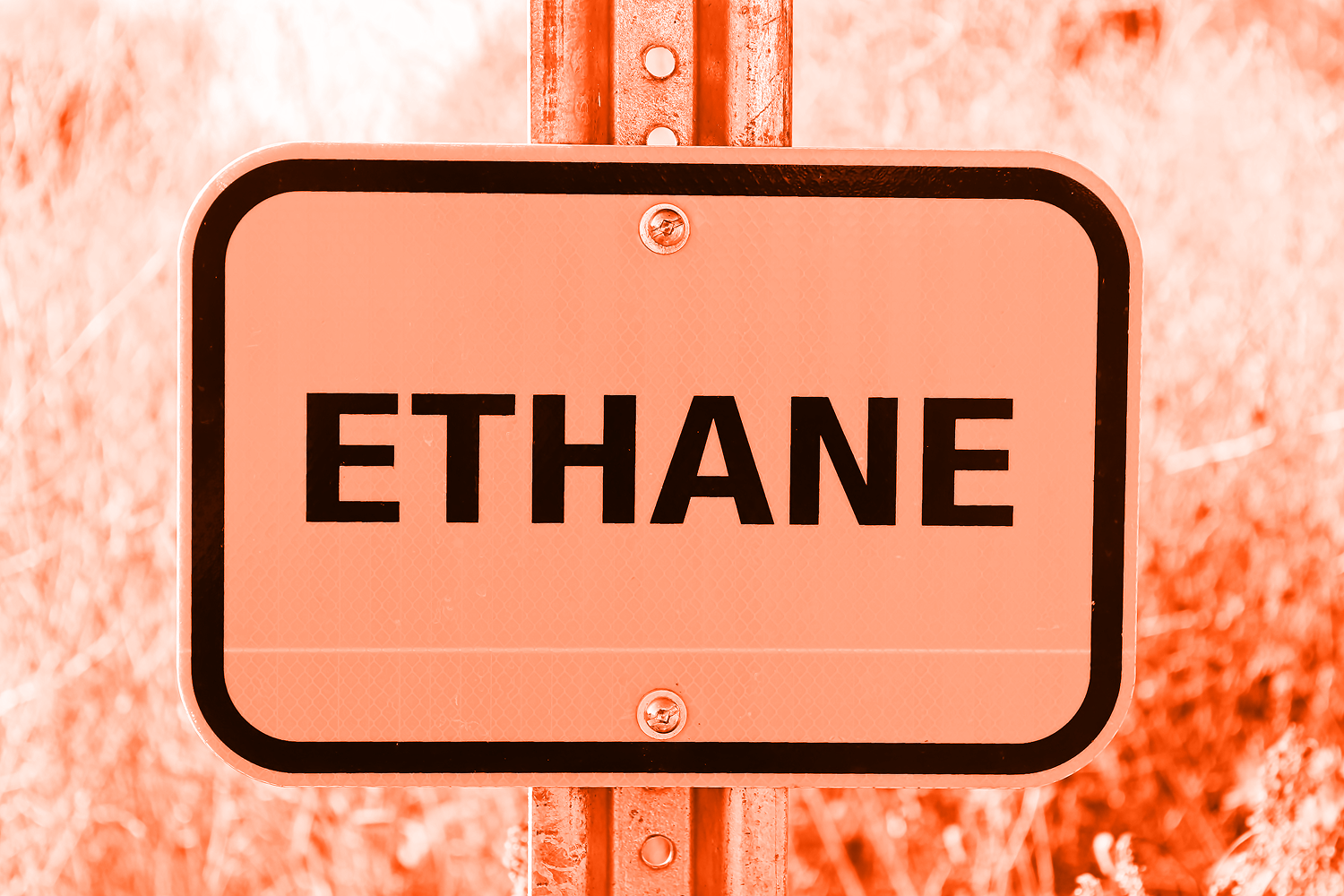Lest we forget that fossil-fuel development is also plastic development, a new analysis from the U.S. Energy Information Administration says that exports of a key plastic ingredient are on the rise. International sales of ethane are set to jump 14% this year and 16% in 2026. Ethane is the precursor to the ethylene that goes into synthetic rubber and common plastics like polyethylene terephthalate—that’s PET, the stuff that becomes water bottles. Plastics, as is widely reported, are the dead dinosaur industry’s Plan B. The latest chapter in those efforts? The U.S. and other major fossil fuel producers torpedoed this summer’s talks for a global plastics treaty.
It’s been an arresting few days for the world’s largest solar project. Late last week, it appeared that the Trump administration’s Bureau of Land Management (BLM) had canceled the Esmeralda 7 development in Nevada, which was set to cover 185 square miles and provide enough power for around 2 million homes. This week, the agency is saying that the array isn’t scuttled, but rather that its environmental review process has changed. Esmerelda 7 isn’t a single development, but rather seven working in concert (hence the name). BLM says that rather than one blanket review, each project must now face individual assessments. It’s the latest showcase of what the Environmental Defense Funnd says is a double standard that gives fossil-fuel expansion “concierge service,” while renewables face new and shifting hurdles.
OpenAI, makers of ChatGPT, has tapped a Trump alum as its head of energy policy. John McCarrick was a senior energy policy advisor in the first Trump administration’s Bureau of Energy Resources in the Department of State and a key promoter of U.S. exports of liquified natural gas. As DeSmog points out, this hire is totally consistent with OpenAI’s track record about where it’s likely to get the juice it needs to power its data centers. “Big Tech’s collusion with the Trump administration’s fossil fuel agenda for artificial intelligence is evident in their massive investment in methane gas power infrastructure,” said Tyson Slocum, of Public Citizen’s Energy Program.
Despite a constant barrage of anti-renewable news from Washington and its allies, markets continue to move away from fossil fuels. Just this week, officials indefinitely postponed a coal-lease sale in Wyoming. The reason? The bid currently on the table at another coal site in Montana was a major lowball. At the same time, Utility Dive reports, automated energy markets, which select the lowest-cost sources each hour for grid planners, are opting for renewables. “System operators don’t decide whether resources bidding into the market are good or bad,” Rob Gramlich, president of energy sector consultant Grid Strategies, told the outlet. “Markets don’t play favorites.”
The trajectory of cyclist deaths in the U.S. is enough to give anyone weighing the switch to pedal-powered transport pause. The National Highway Traffic Safety Administration recorded 1,166 cyclist deaths in 2024—a record and an 87% jump from a 2010 low. But a new analysis out of the Royal Melbourne Institute of Technology in Australia tips a simple solution: Make cars slow down. The researchers found that reducing the speed limit from 50 kilometers per hour (about 31 miles per hour for us yanks) to 30 km/h (about 19 mph) flips survivability from a one-in-ten chance to a nine-in-ten chance. The speed-limit reduction was only on local streets, and the researchers found it had no major impact on commute times.

